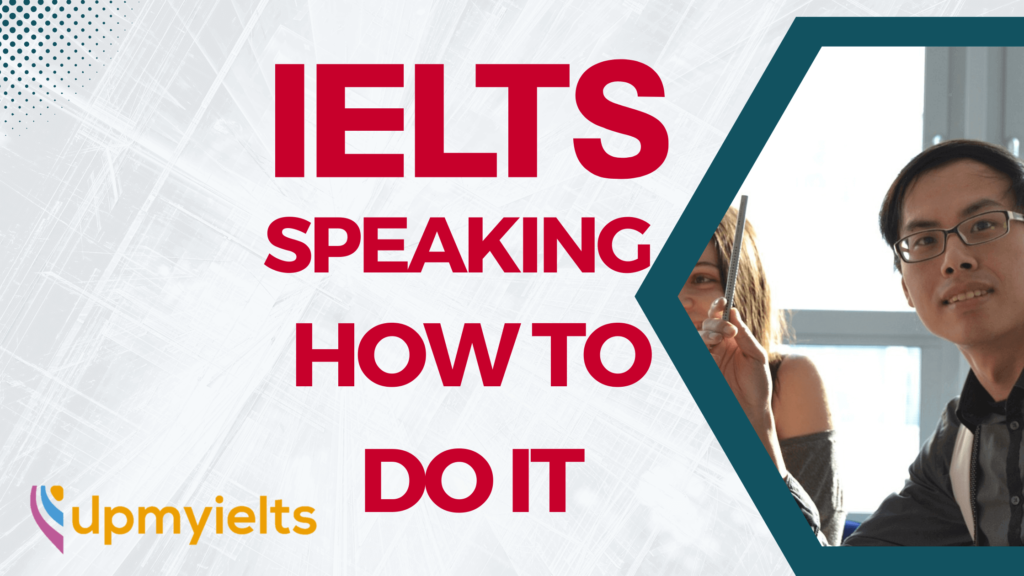
This post came about from a post in our private Facebook group. Feel free to join and speak to IELTS examiners.
“Can you explain the format of the IELTS speaking test and provide some tips for preparation”
One of the IELTS speaking examiners gave us these tips on how to do the IELTS speaking test.
Here are some ideas. One thing I would recommend though is that you do an IELTS speaking test with me online. I can show you exactly what you will get in the test and what you need to work on to get higher marks. So, here are a few points to consider.
- Understand the test format: The IELTS speaking test consists of three parts. In Part 1, you will be asked general questions about yourself. In Part 2, you will be given a topic and have one minute to prepare before speaking for two minutes. In Part 3, you will have a discussion with the examiner about the topic in Part 2. The test gets progressively more difficult so Part 3 is more important and challenging than Part 1.
- Don’t memorize answers: Memorized answers are very easy to identify. The examiner will be able to tell if you have memorized your answers, and this may influence your final band score. Examiners are trained to ignore memorised parts.
- Use a range of vocabulary: Use a range of vocabulary that you know which is relevant to the topic being discussed. Avoid using big and unfamiliar words, as there is a higher chance of making mistakes by either mispronouncing words or using them in the wrong context. The more mistakes you make, the lower your score will be.
- Use a range of grammatical structures: Try and use a range of grammatical structures to express what you want to say. You are assessed on your ability to use different grammatical structures accurately, so it’s important to practice speaking about the past, the present and the future using correct tenses.
- Don’t worry about your accent: The IELTS speaking test is not a test of your accent. You will not be penalized for having an accent, as long as the examiner can understand what you are saying.
- Avoid using fillers: Fillers such as “um” and “ah” can make you sound less confident and fluent. Try to avoid using them and instead take a brief pause to gather your thoughts. When you say “That’s an interesting question”, the examiner doesn’t care. They didn’t make the questions.
- Extend your answers: Try to extend your answers as much as possible. The examiner is looking for evidence that you can speak at length on a given topic. If you are asked if you agree or disagree with something, explain why.
- Smiling helps pronunciation: Smiling can help you to pronounce words more clearly and accurately.
- Don’t speak in a monotone: Vary your tone and intonation to make your speech more engaging and interesting. This will help your pronunciation score.
- Practice common IELTS topics: Practice speaking about common IELTS topics such as family, work, education, and hobbies. This will help you to feel more confident and prepared for the test. The topics are always the same (education, the environment, employment, skills, work etc). If you read a newspaper, you will be more than prepared.
Remember, the IELTS speaking test is designed to assess your ability to communicate effectively in English, nothing more. Native speakers do the test and they speak in a natural way. You don't need to sound like a professor!
If you want to do an IELTS speaking test with an IELTS examiner, you can do that all here.
Join the 1000s of people who have got what they need in IELTS.
Read out interview with an IELTS examiner here too.
Hi everyone. You can add any comments/questions here and we will get back to you.